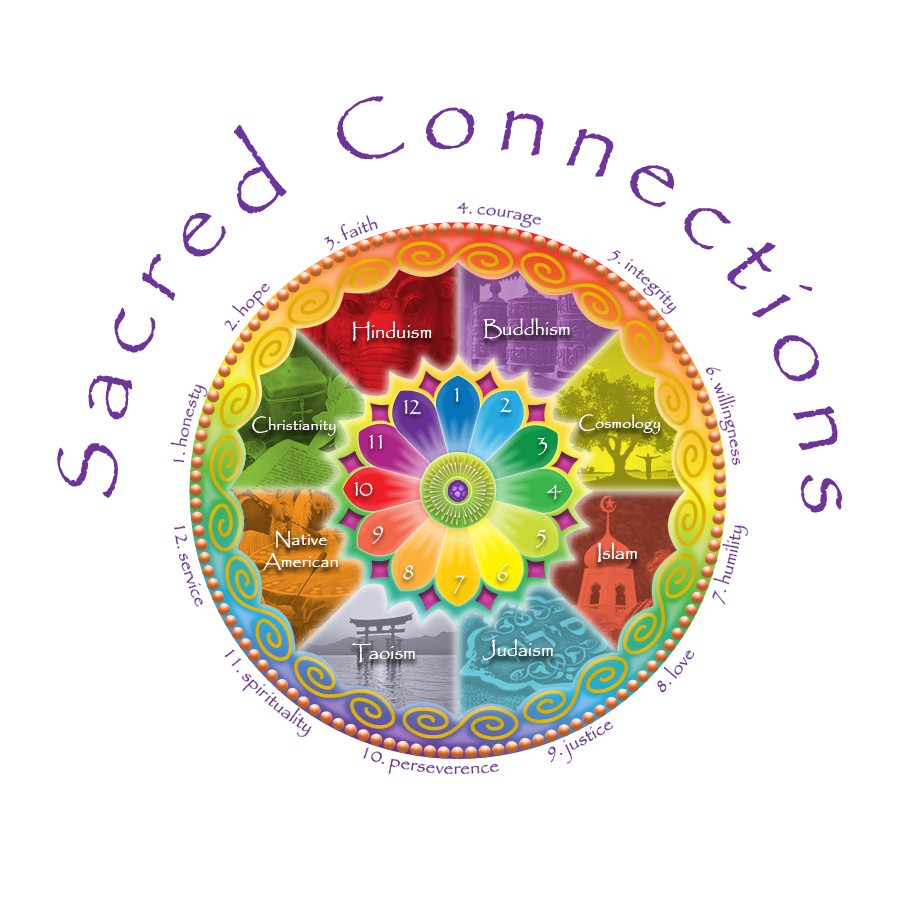Alcoholics Anonymous Membership Survey
In 2007 more than 8,000 A.A. members from the U.S. and Canada participated in a random survey of the membership. Similar studies have been conducted every three years since 1968 by the General Service Office. Alcoholics Anonymous conducts this survey to keep members informed on current trends in membership characteristics. The survey also provides information about…
